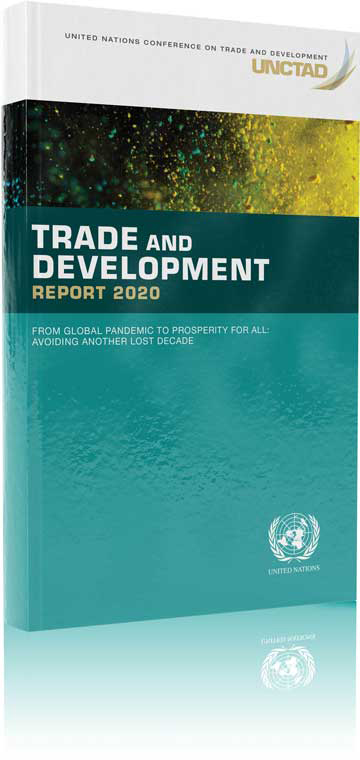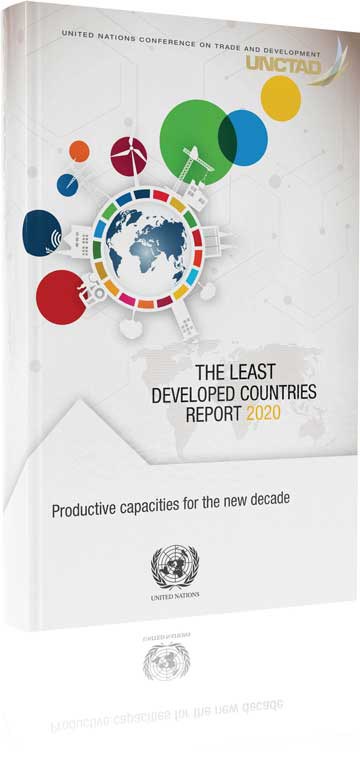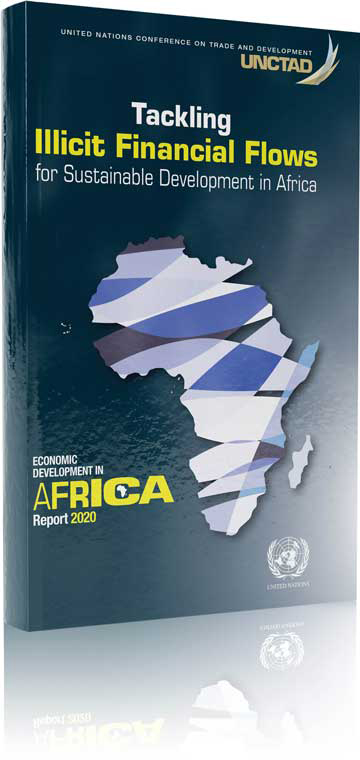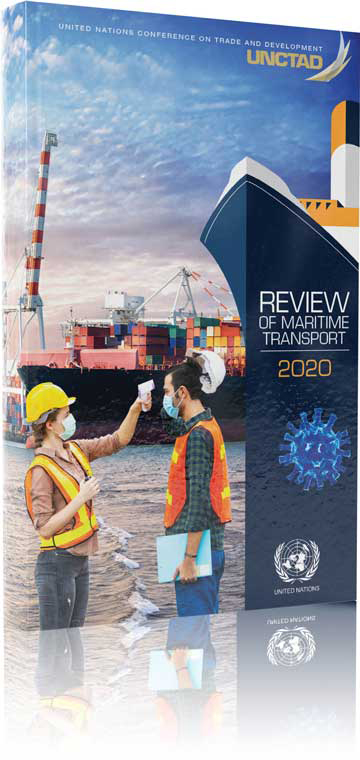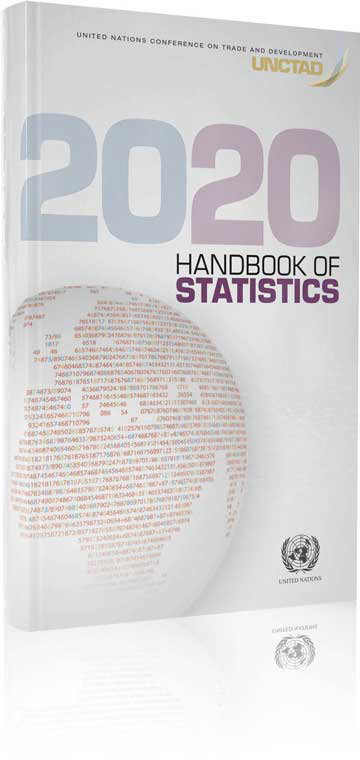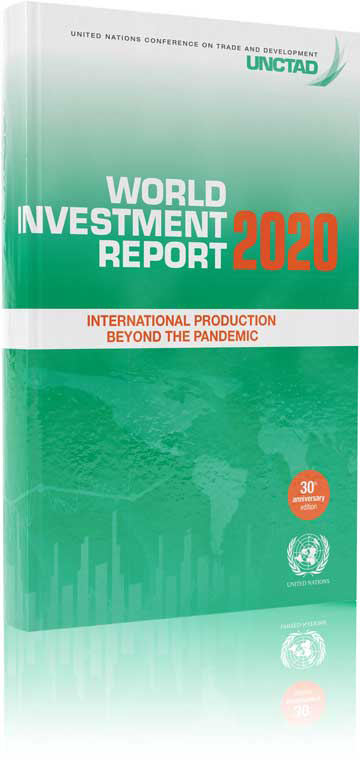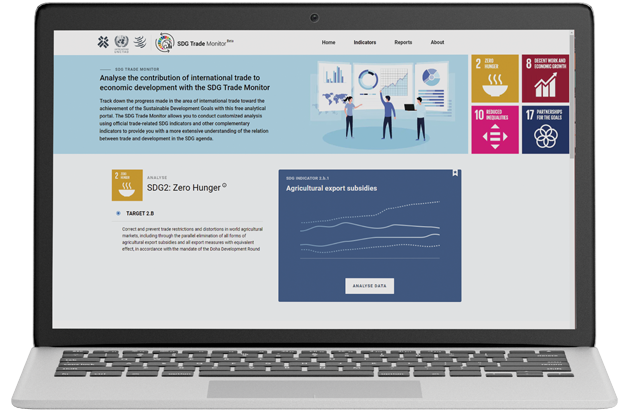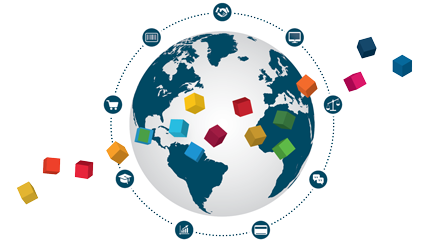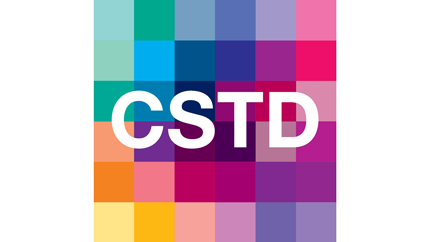FOREWORD
The world looked completely different in 2020, which for many was a year of hardship and pain.
COVID-19 swept across the world like a hurricane, claiming lives and jobs, spawning a massive health crisis and dismantling economies. No part of the world was spared, showing our collective vulnerability and our interconnectedness.
The pandemic laid bare fractures and fault lines that have deepened across the global economy. From widening inequalities that have fuelled popular discontent with globalization to deepening digital and gender divides and uneven vulnerabilities to climate change, COVID-19 emphasized the reality that we cannot ensure prosperity for all without fixing the many fractures staring us in the face.
Despite the monumental disruptions caused by COVID-19, UNCTAD proved to be pandemic-proof by adapting to resource constraints, exercising flexibility, pulling out all the stops to deliver on our mandate using innovative approaches and providing maximum support to all stakeholders, with positive results.
We acted quickly. We shared best practices with member States as they struggled to keep economies afloat while taking measures to contain the impact of the pandemic. We worked with investment promotion agencies to determine where funds were needed the most. We reoriented the focus of our analytical work to offer insights on how to tackle the fallout from the pandemic.
UNCTAD issued timely and regular policy advice on trade, investment, debt management and other issues to guide global efforts to cushion against COVID-19’s onslaught on economies. We convened numerous online meetings with governments and thought leaders, including across the UN system, and redesigned our projects to provide tailored solutions on the ground to blunt the impact of the pandemic.
After hardship comes relief, as the Swahili saying goes. The year ended on a hopeful note, with COVID-19 vaccines promising to bring back a sense of normalcy. As the world takes the first steps on the road to recovery from the pandemic, UNCTAD will amplify its efforts in supporting developing countries to build a better future, together.

UNCTAD Secretary-General

Impact stories

Life after lockdown: Rebuilding tourism globally, sustainably
The global tourism standstill due to COVID-19 has cost the sector dearly, especially in countries heavily reliant on it, like small island nations. UN report maps how tourism could be rebuilt.

COVID-19: Senegalese e-payment company shows resilience in a time of crisis
Youma Dieng Fall, co-founder of PayDunya and member of UNCTAD’s eTrade for Women community, shares how the business has adapted to the coronavirus crisis, bouncing back stronger from the shock.
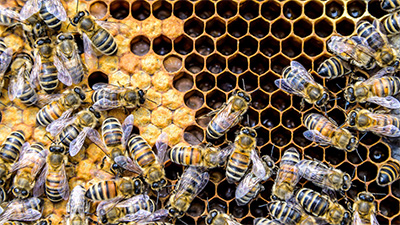
Betting on the untapped potential of Angolan honey
The government sees honey as a product that could help diversify the country’s oil-dependent economy and is working with UNCTAD and the European Union to improve production and boost exports.
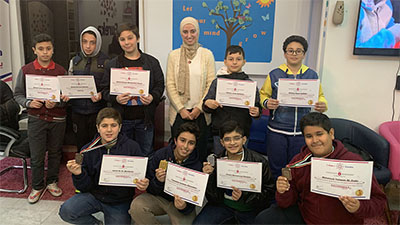
Jordanian woman techpreneur scoops UN business award
Ten finalists in the UNCTAD Empretec Women in Business Awards demonstrate how resilience, sustainability, circularity and inclusiveness are critical success factors in their ventures.
Flagship Reports issued in 2020
Trade and Development Report
UNCTAD called for an ambitious global plan and multilateral measures to ensure a better recovery from COVID-19 and return even the most vulnerable countries to a stronger socioeconomic position than they were in before the pandemic. We warned that if austerity wins out again, then a “lost decade” would be unavoidable, spelling an end to the 2030 Agenda for Sustainable Development.
The Least Developed Countries Report
UNCTAD warned that the COVID-19 economic crisis would worsen poverty in the world’s 47 poorest nations or least developed countries (LDCs) and push as many as 32 million people in LDCs into extreme poverty, reversing years of painstaking development progress. We urged the international community to ramp up efforts to improve productive capacities in LDCs to help them cope with the fallout from the pandemic.
Economic Develpment in Africa Report
UNCTAD forecast that global foreign direct investment flows would decrease by up to 40% in 2020, from their 2019 value of $1.54 trillion, due to the COVID-19 pandemic. We noted that developing countries were hit the hardest by the steep plunge and investment flows were expected to slowly recover starting 2022.
Review of Maritime Transport
UNCTAD outlined how COVID-19 had both sent shockwaves through global maritime transport and laid the foundations for a transformed industry and associated supply chains. We projected that after an estimated 4.1% plunge in 2020 due to the unprecedented disruption caused by the pandemic, global maritime trade growth would return to a positive territory and expand by 4.8% in 2021, assuming world economic output recovers.
Handbook of Statistics
UNCTAD showed that the value of global merchandise trade would fall by 5.6% in 2020 compared with 2019, due to the coronavirus pandemic, marking the biggest fall in merchandise trade since 2009, when trade fell by 22%. It also revealed that the services sector was hit the hardest by the pandemic, dropping by 15.4% in 2020 compared with 2019, the biggest decline in services trade since 1990.
World Investment Report
We revealed that global foreign direct investment flows slid by 13% in 2018, from $1.5 trillion the previous year to $1.3 trillion – the third consecutive annual decline.
Work on the ground
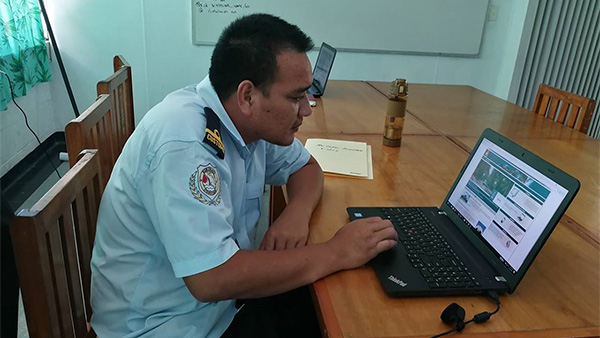
ASYCUDA helps countries reform customs regimes, facilitate trade
Since its inception, the UNCTAD Automated System for Customs Data (ASYCUDA) programme has assisted member States in reforming their customs regimes, procedures and systems in line with international standards and best practices.
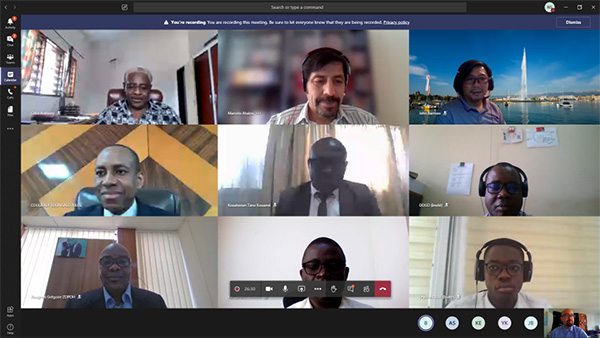
DMFAS responds to countries’ needs for support in debt management
The work of the Debt Management and Financial Analysis System (DMFAS) programme in 2020 was largely driven by its response to countries’ needs for support in debt management resulting from the COVID-19 crisis.
Topics

News | Projects | Meetings and Events | Documents and Publications

News | Projects | Meetings and Events | Documents and Publications

News | Meetings and Events | Documents and Publications

News | Project | Documents and Publications

News | Special Initiatives | Meetings and Events | Documents and Publications

News | Projects | Meetings and Events | Documents and Publications

News | Projects | Meetings and Events | Documents and Publications

News | Meetings and Events | Documents and Publications

News | Projects | Meetings and Events | Documents and Publications

News | Projects | Meetings and Events | Documents and Publications

News | Projects | Meetings and Events | Documents and Publications

News | Project | Documents and Publications

News | Project | Meetings and Events | Documents and Publications

News | Project | Documents and Publications

News | Meetings and Events | Documents and Publications

News | Meetings and Events | Documents and Publications

News | Meetings and Events | Documents and Publications

News | Projects | Documents and Publications

News | Meetings and Events | Documents and Publications

News | Meetings and Events | Project | Documents and Publications

We continued to empower young people to contribute to solving the challenges brought by the COVID-19 pandemic and to help build a better future for all.
New portal tracks trade's contribution to sustainable development
UNCTAD launched the SDG Trade Monitor in October to offer a one-stop shop for updated and disaggregated official data on global trade's contribution to the SDGs.
The web-based database is a product of joint efforts with the International Trade Centre and the World Trade Organization. The monitor allows users to conduct customized analysis to assess trade's contribution under the 2030 Agenda for Sustainable Development.
Platform powers registration of over 25,000 businesses in Cameroon
Over 25,000 small and medium enterprises in Cameroon joined the formal sector by registering their operations through UNCTAD's eRegistrations online platform launched in the country in 2016.
The platform allowed residents of Douala, Yaoundé, Garoua and surrounding regions to conveniently register businesses and create jobs even amid the economic crisis caused by the COVID-19 pandemic.
Partnerships

Dutch funding set to boost UNCTAD’s work on e-commerce and the digital economy
In November 2020, the Dutch government announced additional funding of $1.5 million for UNCTAD's eTrade Readiness Assessments, more than doubling its financial support to the organization's work on e-commerce and the digital economy for the 2021 to 2022 period.

New agreement signals more trade benefits for Pacific nations
In October 2020, UNCTAD signed a new agreement with the Pacific Islands Forum to enhance trade benefits in Pacific nations. Planned joint initiatives will improve the ability of countries in the Pacific to better tackle challenges such as climate change and pandemics such as COVID-19.
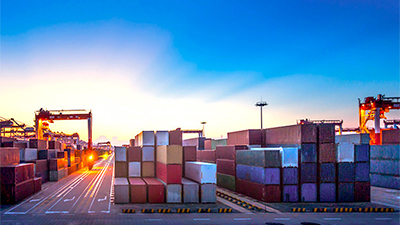
UK provides £1.4 million more for trade facilitation initiatives
In April 2020, the United Kingdom government, through its Department for International Development, injected an additional £1.4 million ($1.7 million) to UNCTAD's work on trade facilitation, extending its support to March 2022.

Partnering to nurture scientific talent in developing countries
In January 2020, UNCTAD and Okayama University in Japan joined forces to foster and nurture young scientific talent in developing countries. They inked an agreement to offer joint research and training courses to young female scientists from developing countries and opportunities for doctoral studies to young scientists from those nations.
Forums
Stronger competition and consumer protection needed in the digital economy
COVID-19 pushed more economic activities online, raising concerns globally about competition and consumer protection in the digital economy. When 104 nations convened online in October for the Eighth United Nations Conference on Competition and Consumer Protection, UNCTAD recommended key actions that governments should take to strengthen consumer protection and competition.
Participants called on member States to ensure effective consumer protection, promote and protect competition in the digital economy, and facilitate international cooperation between national authorities so they can deal more effectively with fraudulent and deceptive commercial practices and anticompetitive business practices in digital markets.
Science, technology and innovation policies crucial in COVID-19 recovery
Science, technology and innovation (STI) policies will play a key role not only in post-COVID-19 recovery plans, but also in the decade of action to deliver on the 2030 Agenda for Sustainable Development, was a key message of the 23rd session of the UN's Commission on Science and Technology for Development (CSTD) held in June.
Member States discussed how to harness STI to accelerate progress on the SDGs and to address the pandemic. They shared their experiences of using STI in their COVID-19 responses by using data science and digital tools for tracking and tracing the virus and the local production of sanitizers and medical equipment such as ventilators.
Attendees expressed solidarity and reaffirmed the importance of supporting research and development and innovation activities as well as skills development.
Exploring post-coronavirus digital economy solutions
Digital solutions and policies to help the world recover better from the coronavirus crisis were in sharp focus during UNCTAD's eWeek event held in April and May.
The event shone a light on the critical role played by digital technologies in the response to the pandemic - from powering e-commerce to accelerating the development of a vaccine.
It also examined the significant development dimensions of the glaring digital divide, with only half of the world's 7.7 billion people online. The pandemic highlighted the urgency to close the divide as lockdowns showed that the internet is a necessity, not a luxury.
Geographic distribution of donors
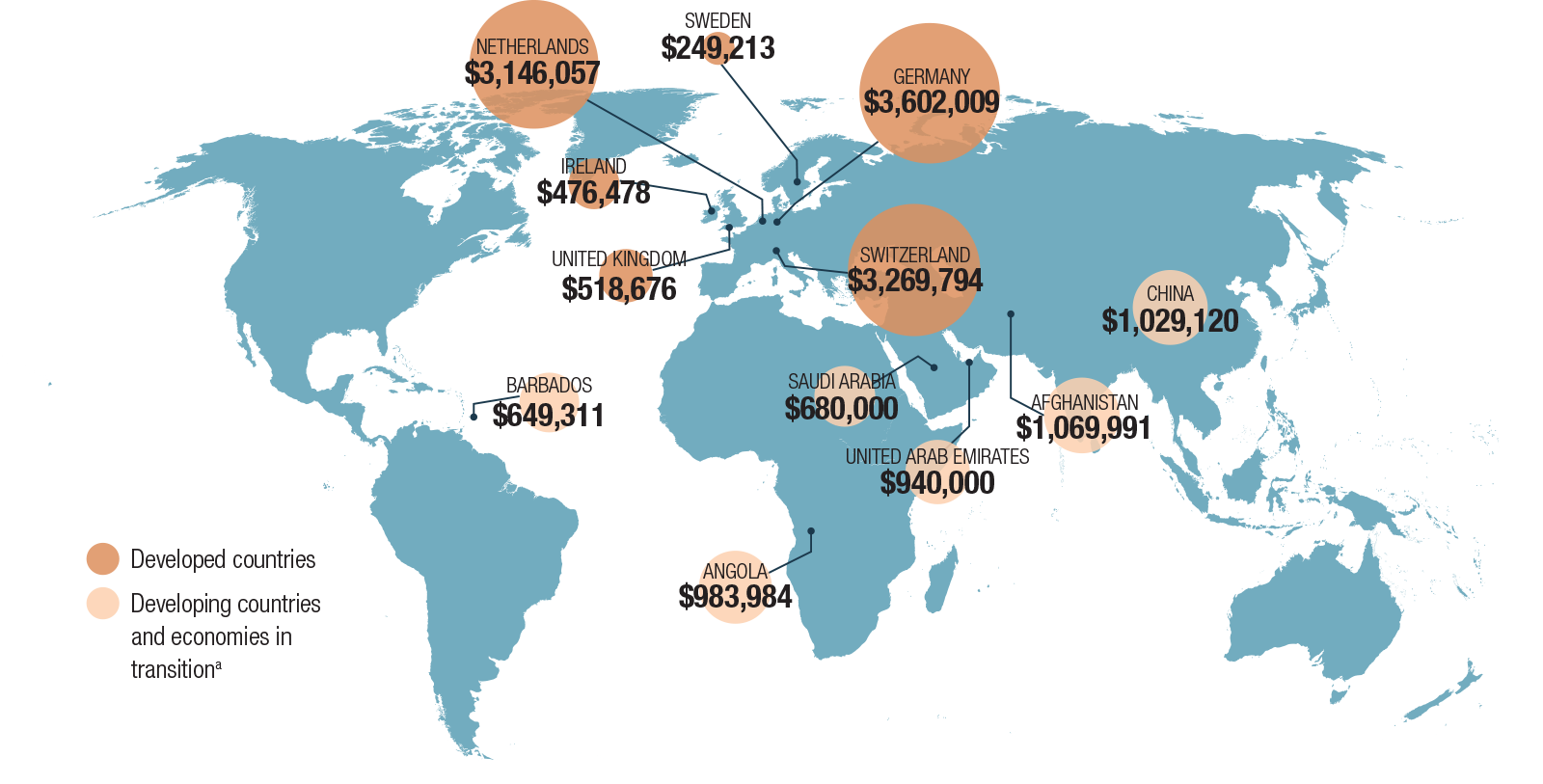
Donors
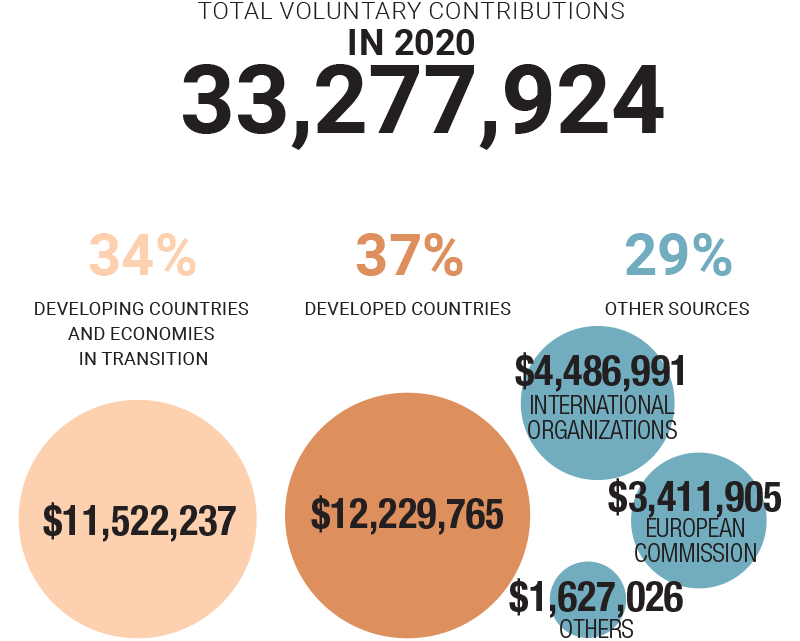
Projects
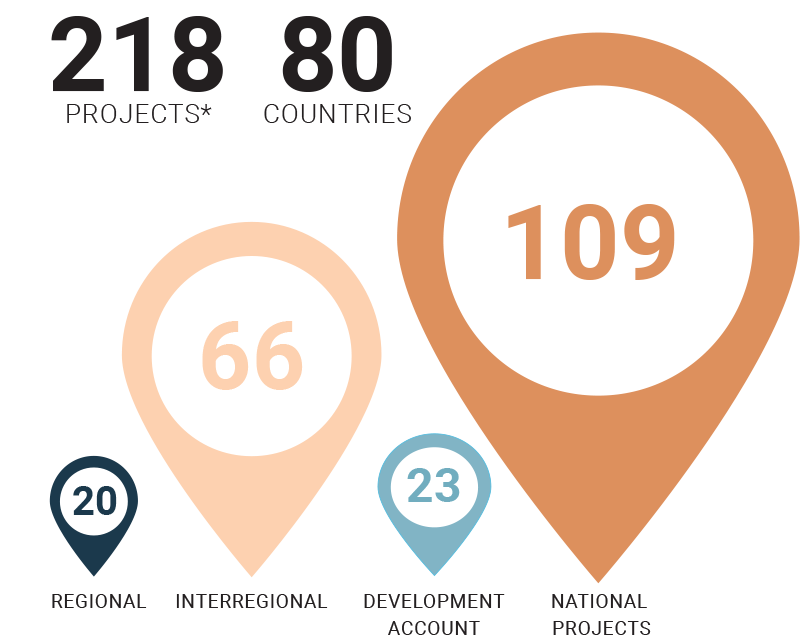
ASYCUDA continued to be the largest technical assistance activity of UNCTAD, accounting for 46.02% of total technical cooperation delivery in 2020, followed by DMFAS accounting for 22.18%
Project expenditure by region
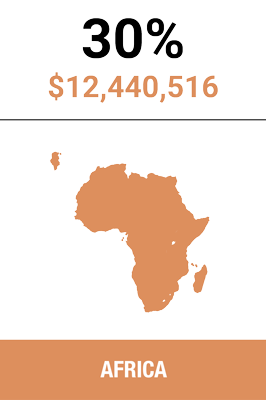
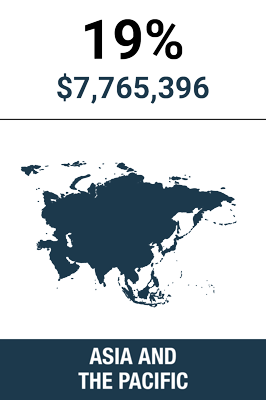
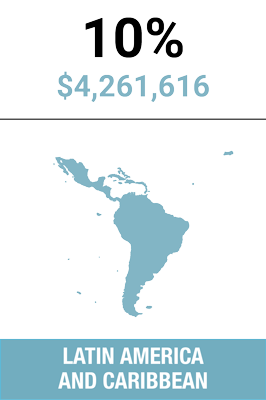
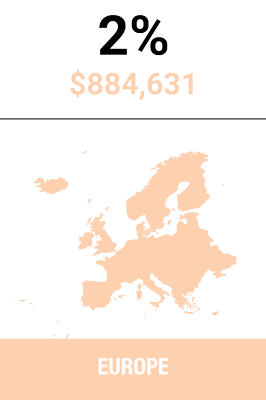
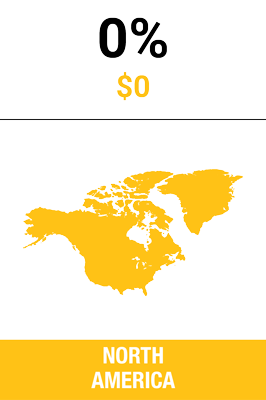
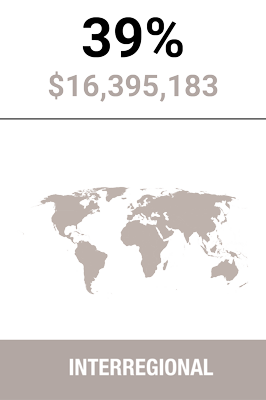
Promoting
development

57
years
Membership
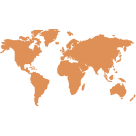
195
member States
Staff members

456
Regular budget

68
million
Extrabudgetary
expenditure

42
million
Projects

218
in 80 countries
Offices
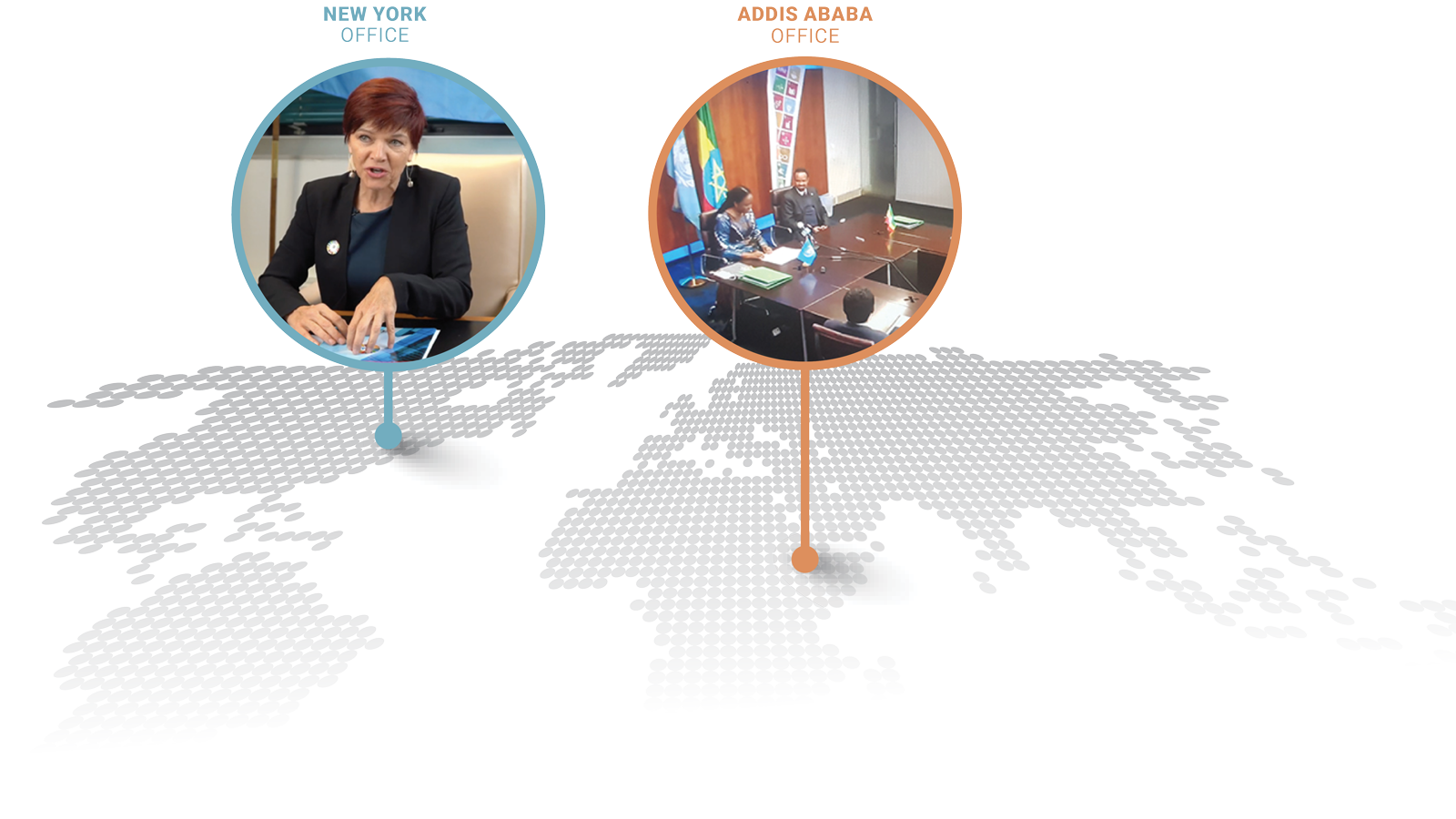
Management highlights for 2020
- New annual budget cycle and results
-
As part of UN management reform, the biannual regular budget process was simplified and adjusted to an annual cycle. This resulted in shorter budgeting timelines, enhanced planning, and increased responsiveness to emerging demands by member states.
The new format and shorter cycle also allow our managers to estimate resources more accurately and make more informed planning assumptions, which improves their accountability for results.
- Adapting throughout the COVID-19 pandemic
-
In 2020, pandemic-dictated lockdowns and travel restrictions greatly reduced opportunities for in-person interaction and “business as usual” for us, as they were for many individuals and organizations.
We immediately shifted to virtual meetings and working arrangements, switching to digital platforms to deliver services to our clients. This allowed us to continue our work while demonstrating adaptability and flexibility.
- Transparency and oversight
-
We place a premium on having a robust and independent oversight of our activities. We strictly adhere to all recommendations, resulting in an implementation rate of more than 97%.
Entities assuring UNCTAD’s independent oversight include the Office of Internal Oversight Services (OIOS), which constitutes the internal oversight body of the UN, and the Board of Auditors (BoA), through which member states’ supreme audit institutions provide external audit to the UN on a rotating basis.
We achieved 100% implementation for the recommendations made for us during the BoA audit conducted in 2019 and 2020. We also achieved 97% implementation for OIOS recommendations planned for 2020.
- Umoja
-
We continued using the UN’s end-to-end enterprise resource planning (ERP) system, Umoja, for strategic decision-making and effective management of programmes and projects.
Umoja enables a harmonized and streamlined approach to the UN’s management of finance, human resources, procurement, assets, programme planning, and performance results, in an integrated manner across all duty stations.
First introduced at UNCTAD in 2015, Umoja has seen tremendous continuous development. Recent additions include a module comprising strategic planning, budgeting and performance management, which allows that for the first time, mandated programmes and related results are linked with their associated human and financial resources.
Another recent module introduced in 2020 comprises integrated planning, management and reporting, allowing managers to plan and monitor their substantive work and resources based on defined activities, tasks and timetables, utilizing the results-based management methodology.
- Delegation of authority
-
UNCTAD has benefitted from implementing the UN’s revised delegation of authority framework, which entered into effect on 1 January 2019, bringing decision-making closer to the point of service delivery by decentralizing authority directly to entities.
The framework operates under the premise that accountability is strengthened when heads of UN Secretariat entities have direct authority and can subdelegate it to responsible managers, instead of it being concentrated more centrally.
Under the new framework, we now have direct authority and accountability over decisions impacting our human, financial and physical resources.
- Management commitments
-
We hold ourselves to a high standard of ethics and integrity. This includes the proactive identification and mitigation of any potential conflicts of interest, zero tolerance of sexual harassment and abuse, and taking our environmental responsibility seriously.
- Financial disclosure programme
-
We continued implementing the UN Financial Disclosure Programme, designed to identify, resolve and mitigate conflict of interest risks arising from staff members' personal financial assets, liabilities, investments and outside activities.
All staff members at the director level and above, and those with specific financial and procurement responsibilities, are required to complete a confidential online annual disclosure of the assets, liabilities, outside activities, and affiliations for themselves, their spouses and dependent children.
- Zero tolerance of sexual harassment and abuse
-
We have made multiple commitments to keep our staff and conference participants safe, including by adhering to UN Secretary-General António Guterres’ initiatives to prevent and respond to sexual exploitation and abuse, and the UN’s Model Code of Conduct to prevent harassment at UN system events.
We require all our partners to affirm their zero tolerance for sexual harassment, exploitation and abuse, and firmly commit to the prevention thereof. Our due diligence process also requires that the prospective partner has not been found to have any convictions, charges, investigations or allegations relating to sexual abuse and/or harassment.
- Environmental responsibility
-
We are doing our part against climate change: In 2007, we embarked on a journey to integrate environmental sustainability in our facilities and operations.
Since then, the United Nations Environment Programme annually collects and analyses environmental impact information for each UN system entity and publishes this data, most recently in the Greening the Blue Report 2020: The UN system’s environmental footprint and efforts to reduce it.
We are collocated with the United Nations Office at Geneva, which, in 2020, fully met four out of five of the “Greening the Blue” environmental performance indicators.
With respect to the minimum necessary travel UNCTAD undertakes, we purchase carbon offsets.
Our ministerial quadrennial conference is paper smart and makes predominant use of digital technologies. All our services, including research and policy advice to clients throughout the world, are also available online.
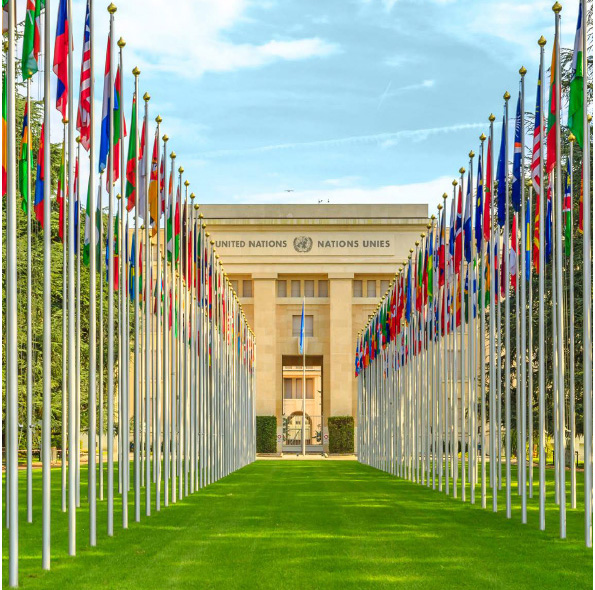

Communications and external relations:
Superb results for the year
Thanks to robust communications and external relations activities, public interest in our work grew substantially in 2020.
Readership of news on our website increased by a whopping 234%, as readers sought more information, data and analysis on trade and development issues amid the COVID-19 crisis.
Also, UNCTAD emerged second out of 23 agencies in the 2020 ranking of the Association of Accredited Media to UN Geneva for its sterling media outreach work, climbing from the fifth position it held in 2019.




